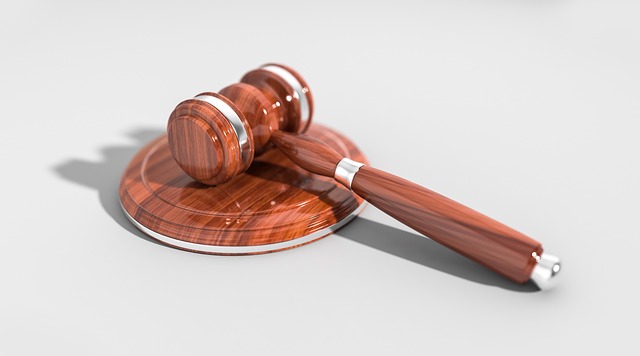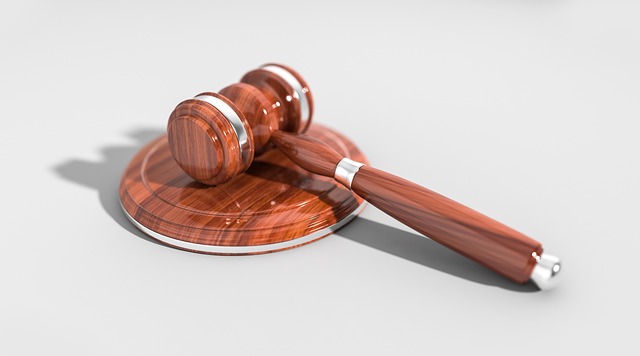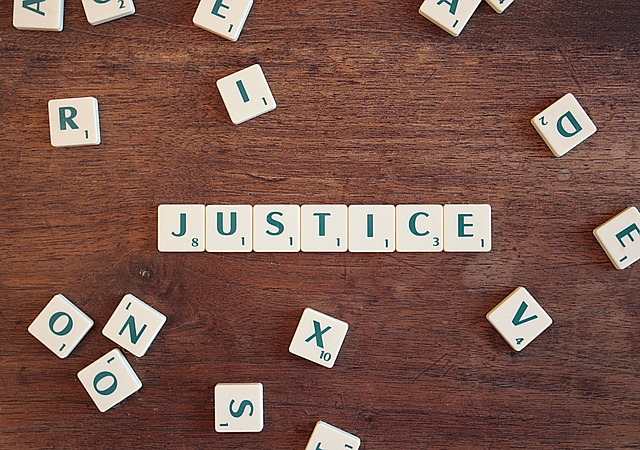Oregon's Department of Human Services (DHS) enforces robust child welfare laws designed to safeguard minors while recognizing their legal rights. These laws delineate the roles and responsibilities of both DHS and parents/guardians, fostering collaboration for children's stability and nurturing environments. Parents have access to information, decision-making involvement, and the right to contest actions, while DHS adheres to strict standards for timely interventions, suitable placements, and support services. Understanding these legal obligations is paramount for ensuring optimal outcomes for children and effectively communicating their rights within the Oregon child welfare system.
In Oregon, understanding child welfare laws and your rights is paramount for parents and guardians. This comprehensive guide explores the intricate web of Oregon child welfare policies, focusing on your responsibilities while ensuring your legal rights are protected. We delve into the crucial role played by the Oregon Department of Human Services (DHS) and their statutory obligations in child welfare cases. By navigating these laws, you can confidently make informed decisions, especially during challenging times.
- Understanding Oregon Child Welfare Laws: An Overview of Rights and Responsibilities
- The Role of Oregon DHS: Statutes and Legal Obligations in Child Welfare
- Navigating the System: Ensuring Your Legal Rights in Child Welfare Cases
Understanding Oregon Child Welfare Laws: An Overview of Rights and Responsibilities

Understanding Oregon Child Welfare Laws provides a crucial framework for both parents and guardians, as well as those working within the system. These laws are designed to protect the welfare and best interests of children while ensuring that families are supported in raising healthy, safe, and secure environments. Navigating Oregon child welfare policies involves understanding the legal rights and responsibilities that come into play when a child’s safety or well-being is at risk.
The Oregon Department of Human Services (DHS) statutes outline various procedures for intervention, from reporting suspected abuse or neglect to removal and placement services. Legal obligations include maintaining regular contact with case managers, participating in court proceedings, and adhering to service plans aimed at family reunification or alternative arrangements. Knowing these rights and responsibilities equips individuals with the tools to protect children, collaborate effectively with child welfare agencies, and ensure that all decisions are guided by the child’s best interests.
The Role of Oregon DHS: Statutes and Legal Obligations in Child Welfare

The Department of Human Services (DHS) in Oregon plays a pivotal role in ensuring the well-being and safety of children within the state. As the primary child welfare agency, DHS is tasked with implementing and upholding the laws and policies that safeguard minors. Oregon’s child welfare laws are a comprehensive set of statutes designed to protect vulnerable children while also recognizing their legal rights. These laws outline the responsibilities of both the agency and parents or guardians, emphasizing the importance of collaboration in fostering stable and nurturing environments.
Navigating these child welfare policies requires a deep understanding of each party’s legal obligations. DHS must adhere to strict standards, ensuring timely interventions, appropriate placements, and ongoing support services for children and their families. At the same time, parents or guardians are entitled to certain rights, including access to information, participation in decision-making processes, and the opportunity to challenge any actions taken by the department. The Oregon DHS statutes serve as a framework, guiding professionals in their efforts to provide quality care while upholding the legal rights of all involved.
Navigating the System: Ensuring Your Legal Rights in Child Welfare Cases

